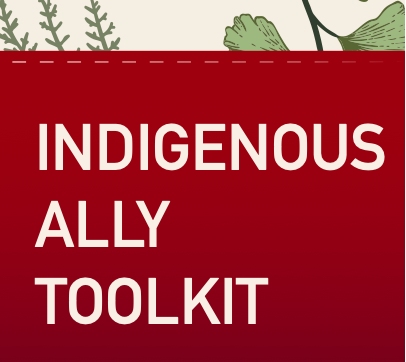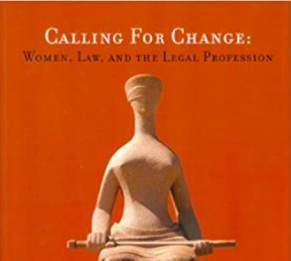Working in Coalition
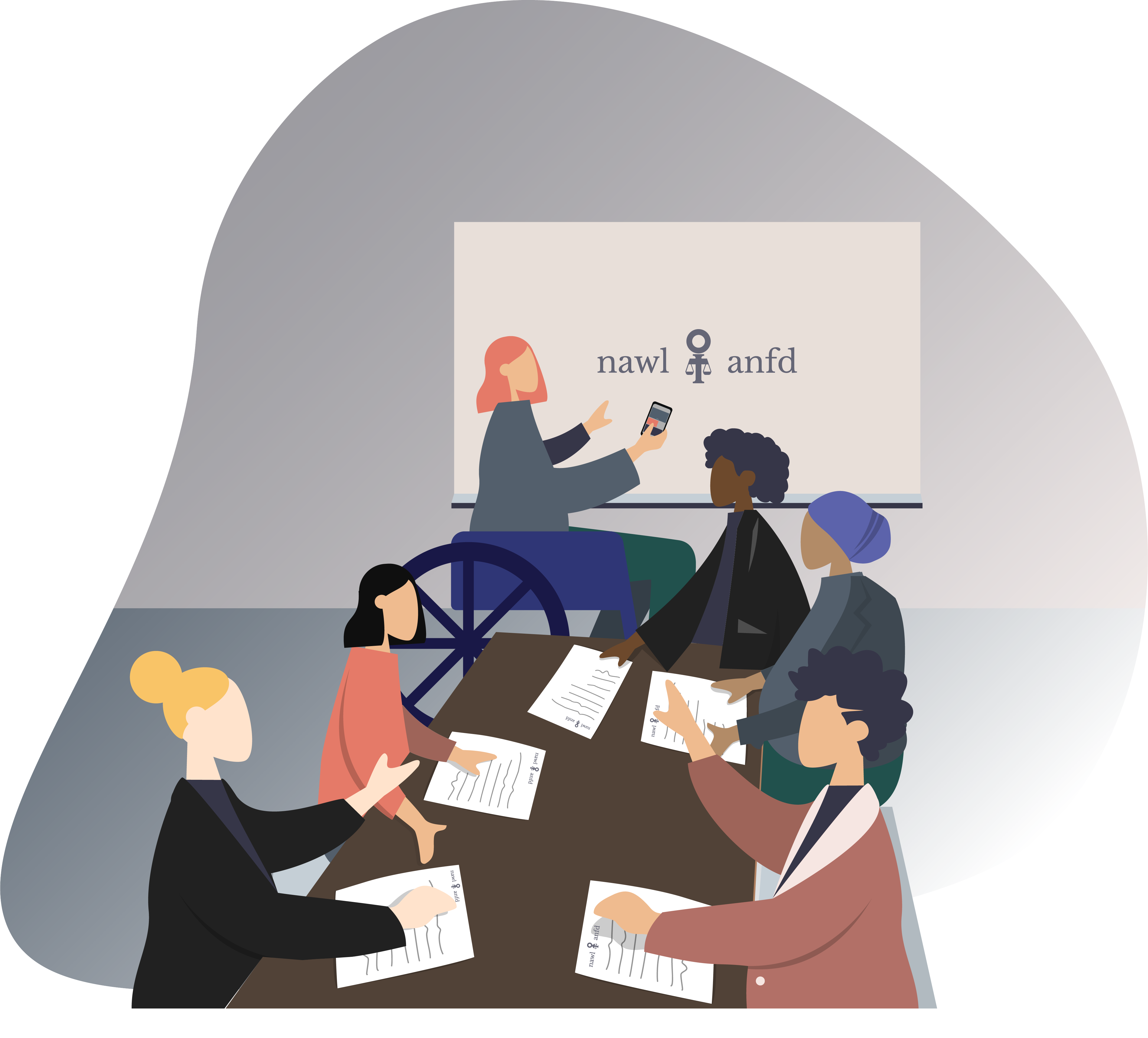
Introduction
Working in coalition is an effective way to advance women’s equality rights.
Sometimes, coalitions form to address long-term and broad issues, like gun control. Some tackle more pointed issues like universal access to pharmacare. Some coalitions, like the one NAWL and Luke’s Place led on Bill C-78, are formed with a pointed, short term feminist law reform goal in mind.
True coalition work engages with the inequalities within and between the coalition’s members to avoid recreating existing power structures not only between women and men but also between different groups of women. This, of course, can be a challenge. By creating space for dialogue and accountability, working in coalitions helps ensure that reforms account for the diversity of women’s experiences and do not primarily benefit the already privileged.
Watch
Read
Readings on working in coalition
“We’ll make sure we’re heard”: New Quebec feminist coalition wants improved access to justice
Introduction: After Equality
Groups seeking equality sometimes take a legal victory as the end of the line. Once judgment is granted or a law is passed, coalitions disband and life goes on in a new state of equality. For their part, policy-makers may assume that a troublesome file is now closed. The After Equality project arises from the sense that law reforms made under the banner of equality invite fresh lines of inquiry. It takes a judgment, law, or other measure not as an end, but, rather, as a starting point for reflections on equality.
Examples of Feminist Coalitions
Here are some examples of Canadian coalitions that are engaging with feminist law reform issues as well as the different format their work can take, such as writing briefs, mobilization and education campaigns, lobbying, etc.

Up For Debate 2019
During the 2019 federal election, the Up For Debate Alliance called on all federal party leaders to commit to a national televised debate to share their priorities on women’s rights and gender equality.
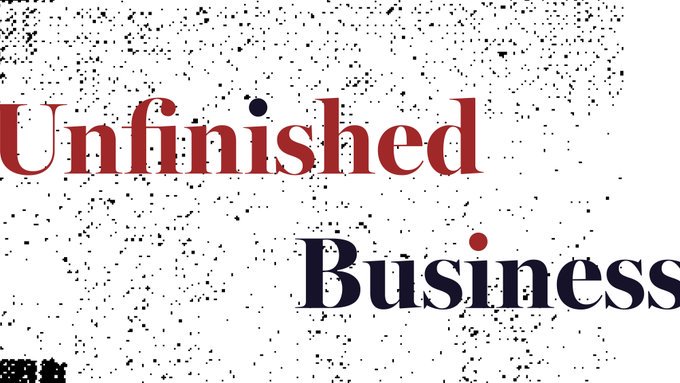
Unfinished Business: A Parallel Report on Canada’s Implementation of the Beijing Declaration and Platform for Action
This report provides an assessment of Canada’s progress in meeting the goals for gender equality set out in the Beijing Declaration and Platform for Action. It was produced by a network of more than 50 women’s rights and equality-seeking organizations, trade unions and independent experts representing millions of members from across the country.
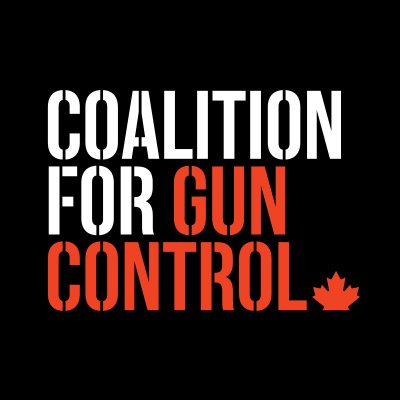
Coalition for Gun Control
For almost 30 years, the Coalition for Gun Control has been working to make Canada safer and is supported by more than 200 health, crime prevention, victims, policing, women’s and community organizations from across Canada.
“We heard from a lot of witnesses, including many representatives from a large Canadian coalition, including representatives from the Regroupement des maisons pour femmes victimes de violence conjugale, the Ottawa Coalition to End Violence Against Women, the Elizabeth Fry Society, and I could go on and on. They told us that the bill must highlight just how likely women are to be victims of domestic violence. Does my colleague believe that the bill does enough to help stop domestic violence?”
ON BILL C-78 DURING THE HOUSE OF COMMONS DEBATES ON JANUARY 30, 2019 (VOLUME 148, NUMBER 374)
Engage & Discuss
What are some of the key feminist law reform issues currently being advocated for at the federal level? Is advocacy for any of these reforms driven by coalitions?
What kinds of decision-making structures might work for coalitions?
Given your own background, training, skills, strengths, barriers and privileges, what role could you play in a feminist coalition?
How might accountability operate differently in the context of coalition work as opposed to when working as one lawyer with one client? Should it operate differently? What about if you work with/for a non-profit organization or the public service?
Additional Resources
